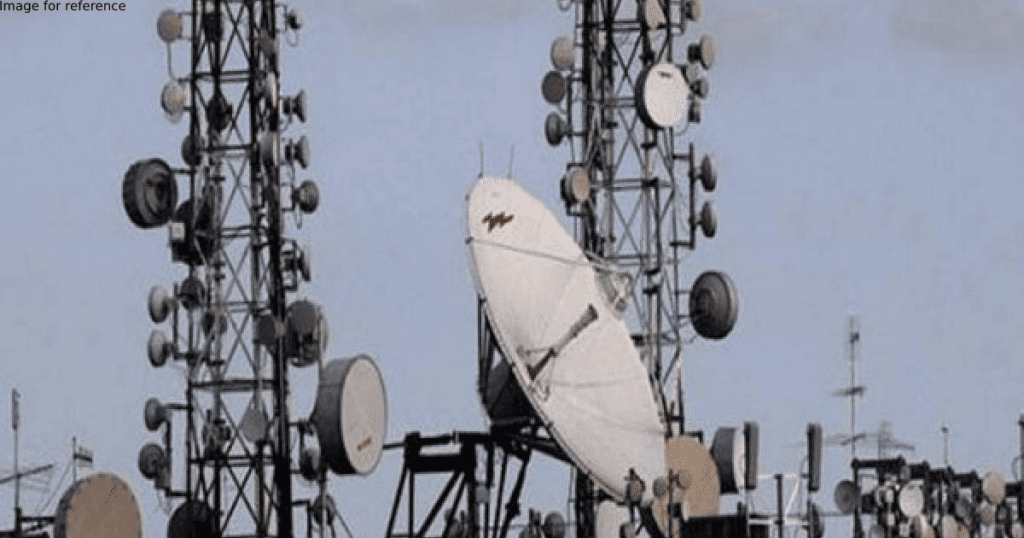
India has proposed regulating internet-based communication services by requiring platforms to obtain a licence in order to operate in the world’s second largest wireless market.
The Draft Indian Telecommunication Bill, 2022, proposed by the Department of Telecommunications seeks to consolidate and update three old rules: the Indian Telegraph Act, 1885, the Indian Wireless Telegraphy Act, 1933, and the Telegraph Wires (Unlawful Protection) Act, 1950. In the event of “any public emergency or in the interest of public safety,” the 40-page draught proposes granting the government the ability to intercept messages transmitted via internet-powered communication services. It also shields the government from any legal action.

